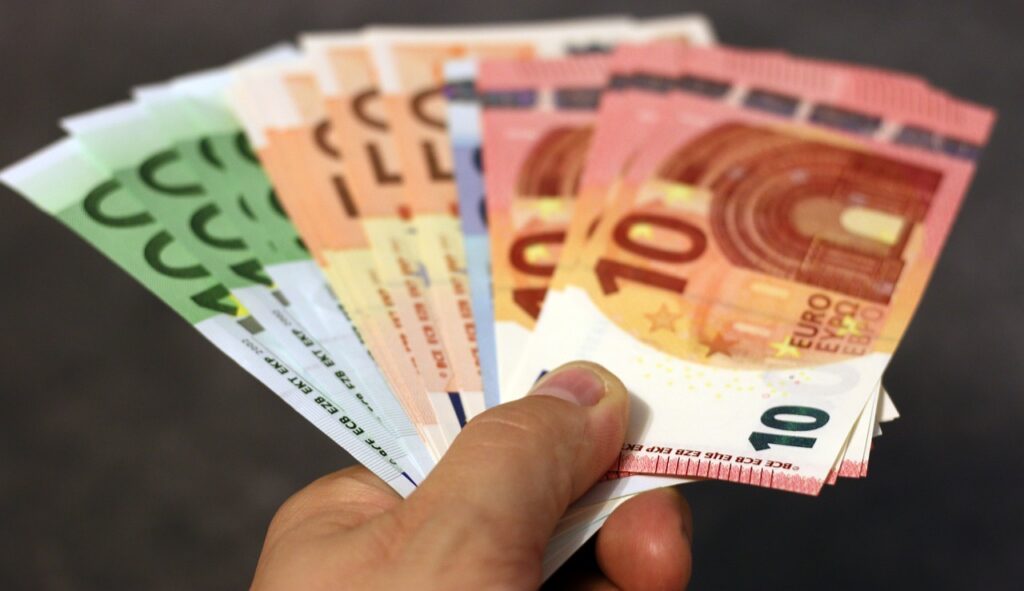The Dutch government has announced substantial financial support for Djawels BV, a subsidiary of HyCC BV, in the form of an €80 million state aid package.
This funding aims to facilitate the construction of a green hydrogen plant, highlighting the government’s commitment to advancing hydrogen as a key component of the future energy landscape.
Djawels BV plans to construct a renewable hydrogen plant utilizing an innovative alkaline electrolyser. This electrolyser, noted for its high current density and high-pressure hydrogen output, is expected to have a capacity of 20 MW. The project, slated to begin construction this year, aims for a full launch by 2027. While the 20 MW capacity represents a significant step forward, it is worth noting that other international projects are aiming for much larger scales. For instance, Australia’s Western Green Energy Hub plans to develop a 50 GW renewable hydrogen project, dwarfing the Djawels initiative in comparison.
The €80 million aid from the Dutch government underscores a growing trend of governmental backing for hydrogen projects worldwide. This support is crucial for the advancement of hydrogen technologies, which often face high initial costs and technological barriers. However, the success of such projects hinges not just on financial backing but also on technological viability, scalability, and integration with existing energy infrastructures.
With construction set to begin this year and full operation expected by 2027, the project has a relatively long development timeline. This extended period may pose risks related to technological advancements and market dynamics. Rapid developments in hydrogen technology could render some aspects of the current project design outdated by the time it becomes operational. Furthermore, the evolving regulatory landscape and potential shifts in market demand could impact the project’s feasibility and profitability.
